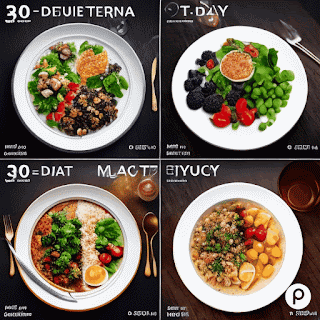Supplements for Faster Workout Regeneration
Working out hard every day but experiencing slow recovery and fatigue, there are several supplements and strategies can consider to support faster muscle regeneration and overall recovery. here are options that could enhance recovery:
1. Protein Supplementation
Why it helps: Protein is essential for muscle repair and growth. If not getting enough protein through diet, adding a high-quality protein supplement like whey, casein, or plant-based protein can help.
How to take: Aim for around 20-30g of protein post-workout to support muscle recovery. Consider slow-digesting protein (like casein) before bed for overnight recovery.
2. BCAAs (Branched-Chain Amino Acids)
Why it helps: BCAAs (leucine, isoleucine, and valine) can reduce muscle soreness and fatigue by decreasing muscle damage during intense exercise.
How to take: 5-10g before or during workout can help reduce fatigue and soreness, allowing to recover faster.
3. Creatine Monohydrate
Why it helps: Creatine is well-researched for enhancing muscle recovery, improving strength, and reducing fatigue during back-to-back workouts.
How to take: Take 5g daily, ideally after workout. It can be added to post-workout shake.
4. L-Glutamine
Why it helps: Glutamine is an amino acid that supports muscle recovery and immune function. Intense exercise can deplete glutamine levels, leading to slower recovery.
How to take: Supplement with 5-10g post-workout to improve recovery and reduce muscle soreness.
5. Tart Cherry Extract
Why it helps: Tart cherry is known for its anti-inflammatory properties, which can reduce muscle soreness and aid faster recovery.
How to take: 500mg of tart cherry extract post-workout or 8-12oz of tart cherry juice can help reduce inflammation and muscle soreness.
6. Electrolytes
Why it helps: Sweat a lot during workouts !, may be losing important electrolytes (sodium, potassium, magnesium), which are crucial for muscle function and recovery.
How to take: Consider adding an electrolyte supplement or drinking coconut water post-workout, especially if feeling fatigued or dehydrated.
7. Beta-Alanine
Why it helps: Beta-alanine helps buffer acid in muscles, reducing muscle fatigue during high-intensity exercise.
How to take: 3-6g per day can help improve endurance and recovery in the long term.
8. Turmeric/Curcumin
Why it helps: Curcumin, the active ingredient in turmeric, has strong anti-inflammatory properties that can reduce muscle soreness and aid in quicker recovery.
How to take: 500-1,000mg of curcumin with black pepper for better absorption, especially after workouts.
9. Collagen
Why it helps: Collagen supports joint health and tissue repair, which can be beneficial for recovery from intense workouts, particularly if lifting heavy or doing high-impact exercises.
How to take: 10-15g of collagen, often taken with vitamin C to improve collagen synthesis.
10. Citrulline Malate
Why it helps: Citrulline helps improve blood flow, reducing fatigue and muscle soreness. It can help you train harder and recover faster.
How to take: 6-8g pre-workout can enhance performance and speed up recovery.
Non-Supplement Recovery Tips:
- Active Recovery: Incorporate light activities like walking, yoga, or swimming on rest days to improve circulation and reduce muscle soreness.
- Stretching and Foam Rolling: These can reduce stiffness and improve muscle recovery.
- Sleep: Ensure getting 7-9 hours of quality sleep as this is when most muscle repair occurs.
- Hydration: Stay hydrated throughout the day. Dehydration can slow down recovery and increase muscle soreness.
By integrating these supplements and strategies, you may notice quicker recovery, allowing you to sustain your intense workout routine without feeling as fatigued.



